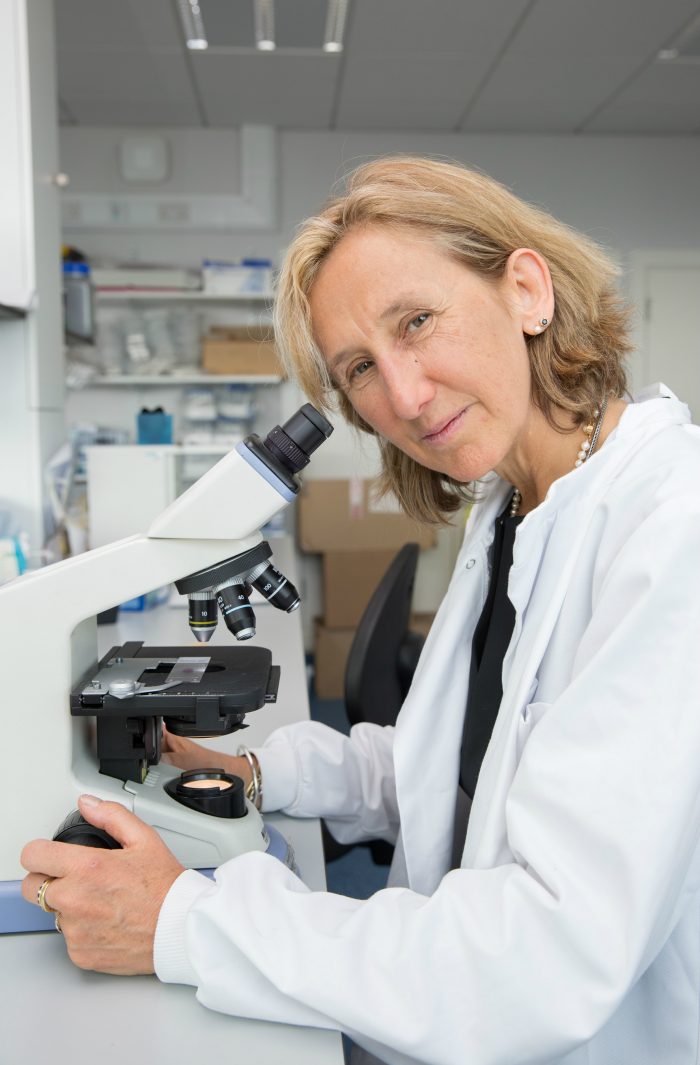Researchers in Trinity, as part of a combined effort of nearly 200 scientists from 17 different countries, have helped discover three new genes linked to the causes of motor neurone disease. The disease, which is currently incurable, affects around one in every 30,000 people in Ireland.
The researchers, led by geneticists in London and the Netherlands, conducted the largest ever analysis of the genetics behind the disease, sampling over 12,000 sufferers of motor neurone disease and 23,000 healthy donors of genetic material.
By comparing the difference between the genetic variations from healthy individuals and those diagnosed with motor neurone disease, the researchers were able to get a better picture of which genetic variations might cause the disease. The study, which is to be published in the journal Nature Genetics , also highlights the next steps scientists should take if they are to succeed in searching for causes of the disease.
In a press release Dr Russell McLaughlin, a research fellow in Trinity’s Department of Neurology and one of the lead authors of the study, said: “Some diseases, like schizophrenia, appear to be caused by the added effects of thousands of genes commonly seen in the population, each of which could not cause the disease on its own. With MND, it seems that a similar mechanism may be at play, but the genes that add up to cause the disease are much more rare.”
Those diagnosed with motor neurone disease, who are typically between 50 and 70 years old, suffer from a progressive form of paralysis that ultimately proves fatal, normally within three to five years after the initial onset of symptoms. Each year in Ireland 110 new cases of the disease are diagnosed.
While previous research has shown that both genetic and environmental factors play a role in the development of the disease, it is hoped that a better understanding of the genetic causes of the disease will hasten the development of treatments and cures for the condition.
Research is currently ongoing into rarer gene variations that cause the disease, in comparison to the more common and better-known genetics variations that are already known to scientists. One such project, Project MinE, based in Ireland, aims to examine the full DNA profile of 1,000 Irish individuals, with almost 650 DNA profiles collected so far.
In a press release Trinity Professor of Neurology, Prof Orla Hardiman, who also leads the Irish Motor Neurone Disease Research Group, believes that the project will ensure that “everyone has the opportunity to get involved in helping to discover the many causes of MND, in the hope that one day we will have a cure for this devastating disease”.







